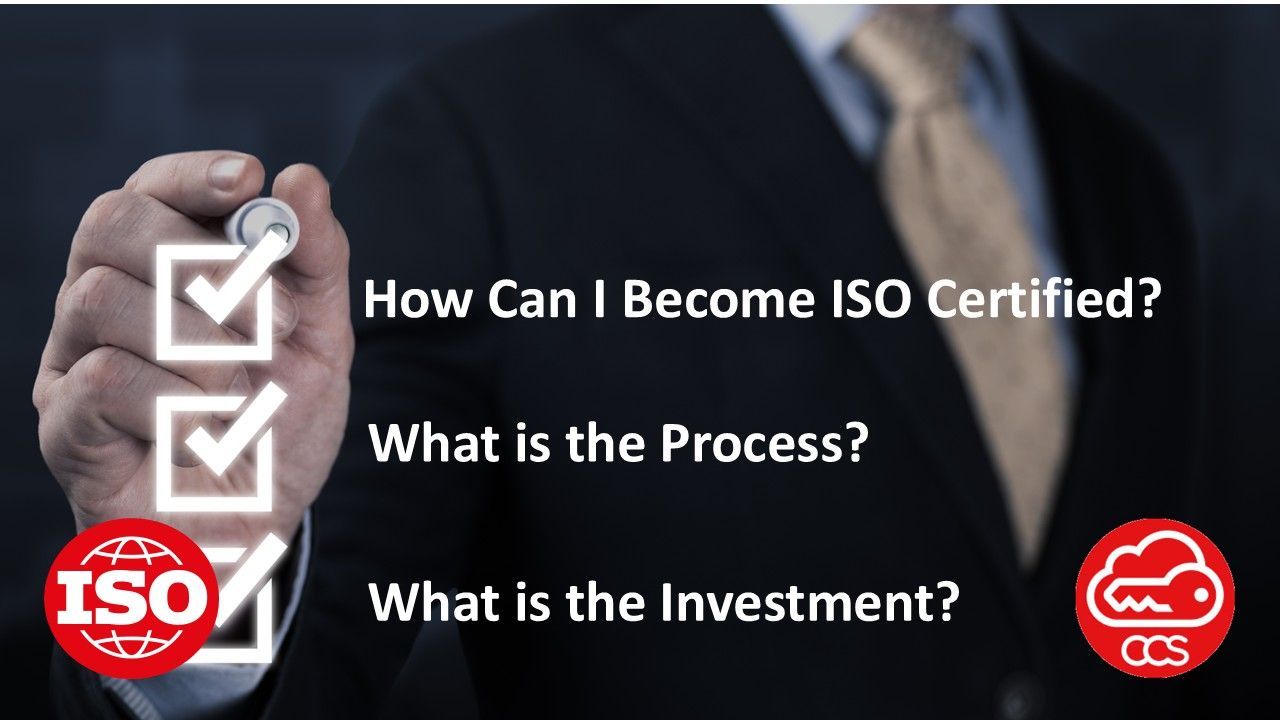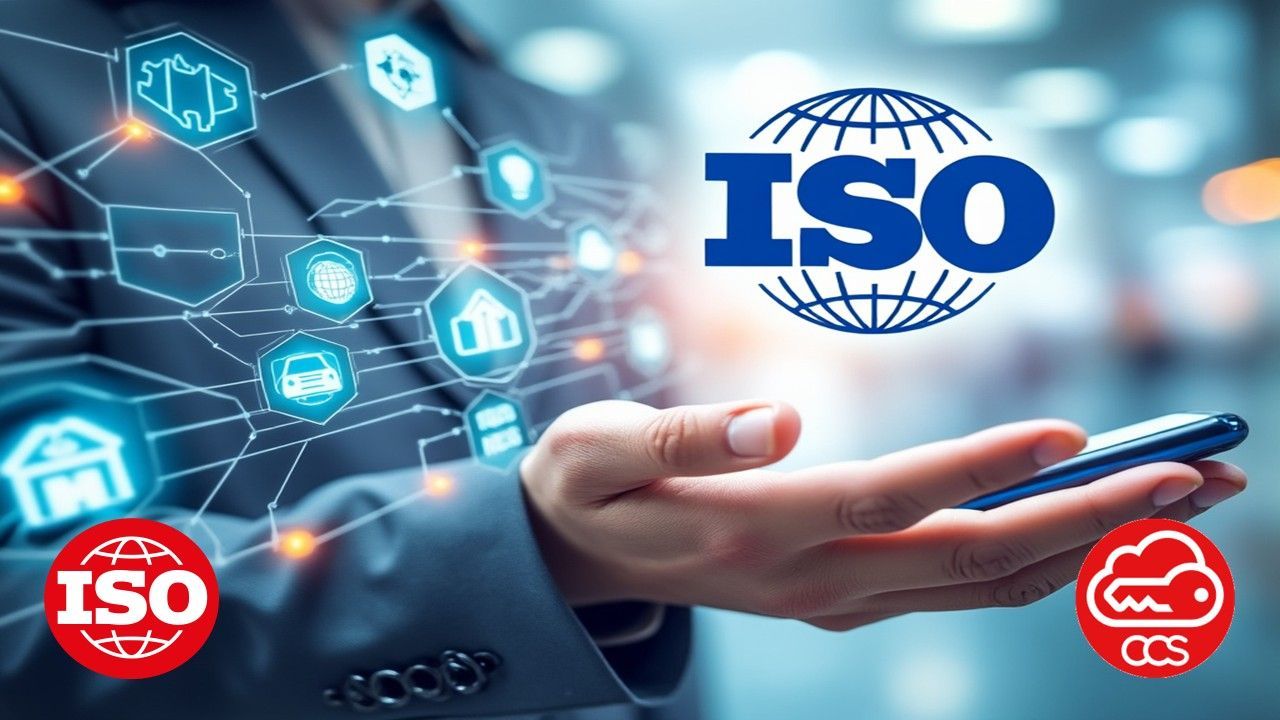ISO 14001 is an internationally recognized standard for environmental management systems (EMS) developed and published by the International Organization for Standardization (ISO). It provides a framework for organizations to establish, implement, maintain, and improve their environmental management systems.
The primary goal of ISO 14001 is to help organizations minimize their environmental impact and reduce their carbon footprint by identifying and controlling the environmental aspects of their operations, products, and services. The standard encourages organizations to set environmental objectives, develop policies and procedures to achieve those objectives, and continually monitor and improve their environmental performance.
Key elements of ISO 14001 include:
- Environmental Policy:
- Establishing an environmental policy that reflects the organization's commitment to environmental protection and compliance with relevant laws and regulations.
- Planning:
- Identifying environmental aspects, assessing their impact, and establishing objectives and targets for environmental performance improvement.
- Implementation and Operation:
- Implementing procedures and controls to manage environmental aspects effectively, including training employees, communicating with stakeholders, and establishing emergency response procedures.
- Checking and Corrective Action:
- Monitoring and measuring environmental performance, conducting internal audits, and taking corrective actions to address non-conformities and prevent environmental incidents.
- Management Review:
- Reviewing the organization's environmental management system regularly to ensure its continued effectiveness and identify opportunities for improvement.
ISO 14001 certification involves a
third-party audit to assess whether an organization's environmental management system conforms to the requirements of the standard. Certification demonstrates to stakeholders, including customers, regulators, and the public, that the organization is committed to environmental sustainability and responsible management of its environmental impacts.
Why ISO 14001 Matters for Your Business:
ISO 14001 holds significance for your business due to its role in effective environmental management. Here's why it's crucial:
- Legal and Regulatory Compliance:
- Ensures compliance with environmental legal requirements, minimizing the risk of non-compliance, penalties, fines, and reputational damage.
- Enhanced Environmental Performance:
- Guides businesses in setting and achieving environmental objectives, leading to reduced resource consumption, waste generation, and pollution, ultimately improving operational efficiency.
- Competitive Advantage:
- Certification sets your business apart, signalling a commitment to effective environmental management. This advantage can lead to winning contracts, attracting environmentally conscious customers, and accessing new markets.
- Cost Savings:
- Identifies opportunities for cost savings through improved resource efficiency, waste reduction, and energy conservation. Minimizes environmental risks and associated costs.
- Stakeholder Trust and Reputation:
- Demonstrates commitment to environmental stewardship, building stakeholder trust, and fostering positive brand reputation, leading to increased customer loyalty and stronger relationships.
- Risk Management:
- Proactively identifies and mitigates environmental risks, minimizing the likelihood and severity of incidents, protecting against reputational damage, legal liabilities, and operational disruptions.
ISO 14001 aligns environmental sustainability with operational efficiency, regulatory compliance, competitive advantage, cost savings, stakeholder trust, and risk management. Implementing this standard allows your business to demonstrate a commitment to the environment, drive positive change, and position itself as a responsible and forward-thinking organization.
If required, as part of our ISO 14001 consultancy service, we also offer fully compliant Carbon Reduction Plans (CRPs) developed in partnership with a trusted, specialist provider Litmus Sustainability Ltd. This ensures your business not only meets the environmental requirements of ISO 14001, but is also prepared to supply public sector contracts that require compliance with PPN 06/21.
To supply the public sector, particularly the NHS, you must provide a CRP that meets the Cabinet Office’s published standard. This is now often a pass/fail requirement in procurement, and more private sector buyers are following suit. Some award points for CRPs, while others won’t even review bids that don’t include one.
Our trusted specialist provider will guarantee delivery of a compliant, high-quality CRP that supports your ISO 14001 objectives and improves your competitive position in both public and private tenders. It's a powerful, practical addition that turns compliance into opportunity.
You can learn more about that service here with our trusted specialist provider
Litmus Sustainability Ltd.



